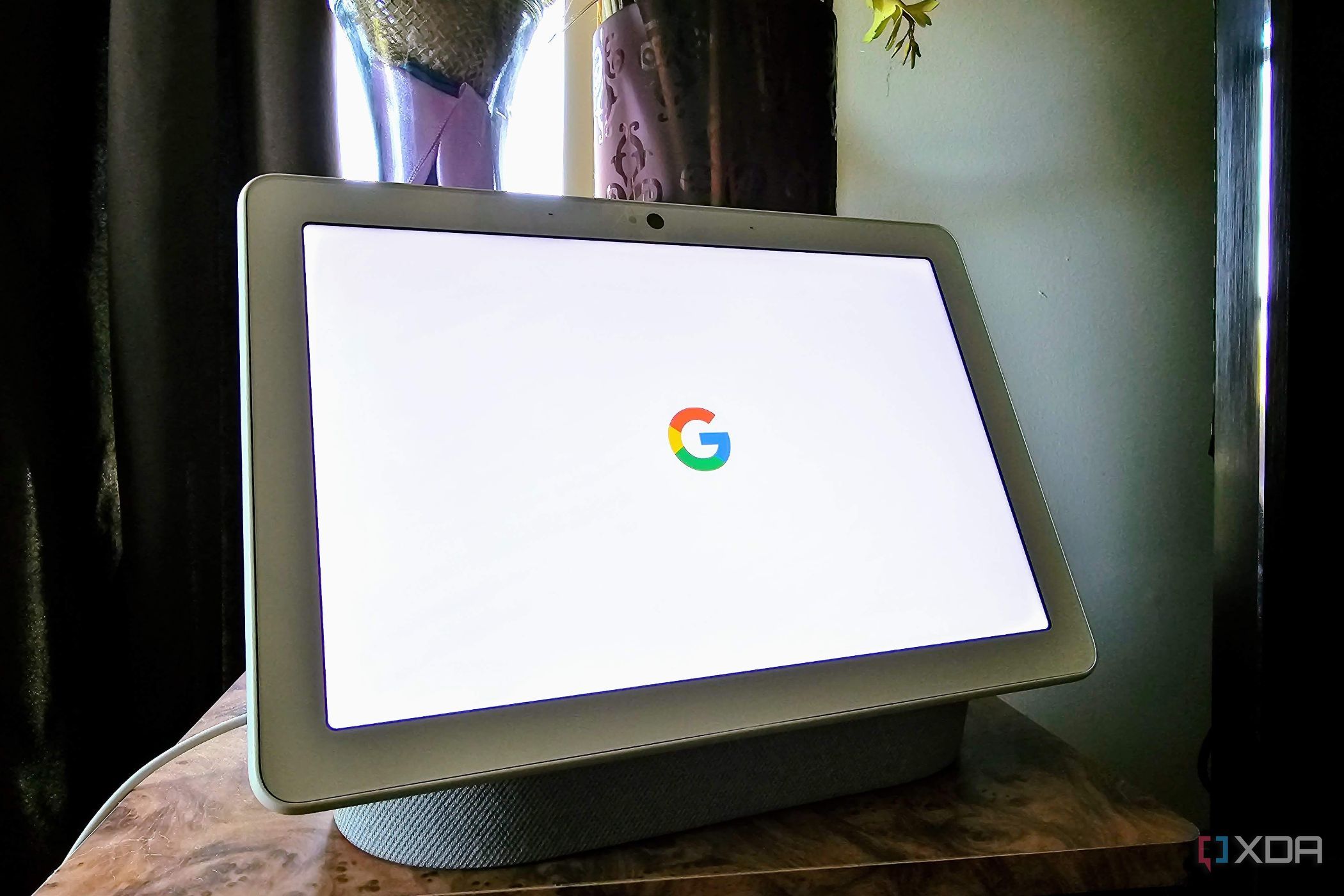Key Takeaways
- Google faced backlash for misleading users about Incognito mode.
- It agreed to destroy data collected from Incognito users since 2016.
- Employees warned about the misleading language used to market Incognito mode.
Do you remember when Google came under fire for how it presented Incognito mode? If you didn’t catch the news, Google came under fire after people accused the tech company of not accurately describing what Incognito mode does. As part of the lawsuit, Google changed how Incognito mode is worded to better reflect what it does. Now the company is going even further by erasing all browsing data gathered from Incognito mode users since 2016.
Google Pixel 8 display deep dive: The best in its class
The base model finally gets a taste of premium
Google will make good on the Incognito lawsuit
As reported by the Wall Street Journal, Google got into hot water after it was accused of misleading users about what Incognito mode does. The accusation stated that it didn’t accurately describe that Google could still see what the user was browsing and log a history of what they accessed. There were good arguments from both sides of the debate, but in the end, Google had to make some changes. First, it re-worded how Incognito mode worked, and now it has to erase the data it has collected from Incognito users:
According to the court filing, Google has agreed to destroy billions of data points that the lawsuit alleges it improperly collected, to update disclosures about what it collects in private browsing and to give users the option to disable third-party cookies in that setting.
In fact, Google’s employees did bring up concerns about how Incognito was worded. For example, Google’s chief marketing officer Lorraine Twohill warned the CEO about it in 2019:
“We are limited in how strongly we can market Incognito because it’s not truly private, thus requiring really fuzzy, hedging language that is almost more damaging.”
With Google taking hits after the lawsuit, it sets a precedent on how browsers should advertise its services. Hopefully in the future, we’ll see stricter guidelines on how these features are described.
